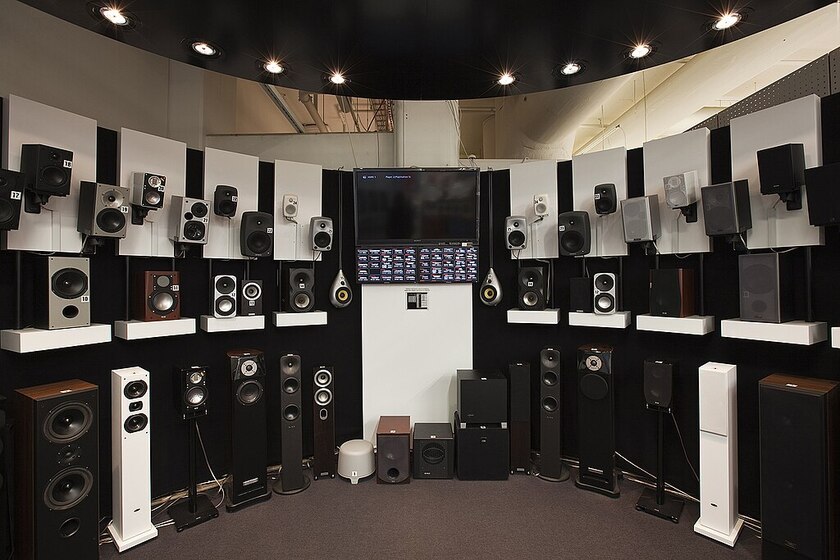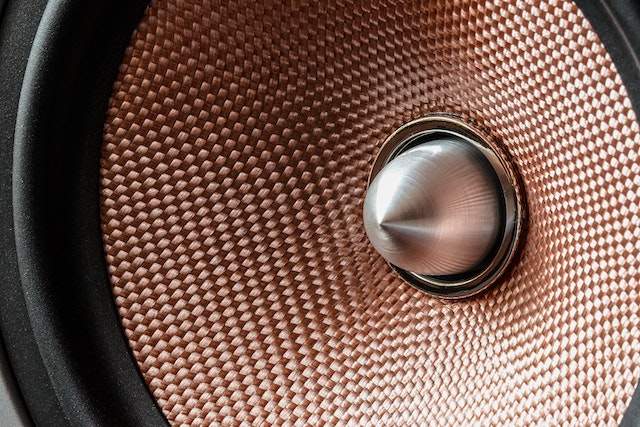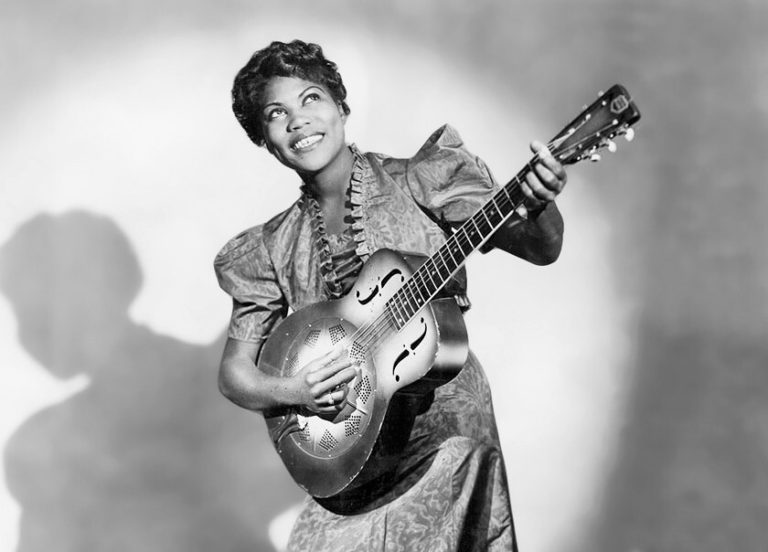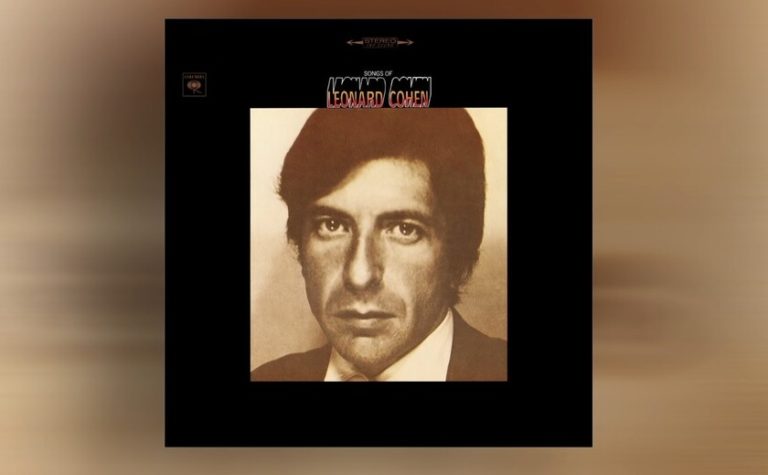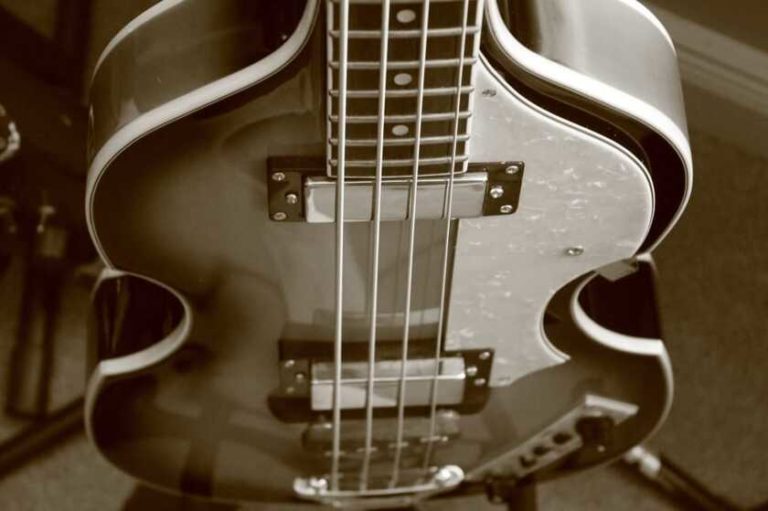A Trip Down Memory Lane: Iconic Hi-Fi Shops of the Past
Hi-Fi, or high-fidelity, is a term used to describe a high standard of audio reproduction, capturing the nuances and intricacies of the original recording. Throughout the years, enthusiasts, often known as audiophiles, have sought to get the best audio equipment, often frequenting specialty shops. This article reminisces about some of the most iconic Hi-Fi shops from days gone by. These shops not only provided gear but also cultivated communities of audiophiles who shared their passion for pristine audio.
The Golden Age of Hi-Fi
The Rise of Specialty Hi-Fi Shops
The 1960s and 1970s are often considered the golden age of Hi-Fi. As music became an essential part of youth culture and technology progressed, the desire for quality audio equipment grew. During this period, many specialty Hi-Fi shops sprang up, serving audiophiles and music enthusiasts alike.
One of the most iconic among these was Linn Sondek. Based in Glasgow, Scotland, this store became famous for the Linn LP12 turntable, which many considered the epitome of vinyl playback. Customers didn’t just buy equipment here; they came for the experience, attending listening sessions and discussing the minutiae of audio components.
Another noteworthy shop was Sound by Singer in New York City. Opened in the 1970s by Andy Singer, the store gained a reputation for carrying the finest equipment and providing exceptional customer service. It was a hub for New York audiophiles who wanted to listen to gear before making a purchase.

Image by IngimarE, Creative Commons Attribution-Share Alike 4.0
Innovations and Trends
The 70s also saw an increase in the popularity of quadraphonic sound—a precursor to today’s surround sound systems. Shops like Crazy Eddie in New York became iconic for promoting such technology. Eddie Antar’s enthusiastic advertising and aggressive pricing made his stores the go-to place for many looking to upgrade their sound systems.
Beyond the Golden Age: The 80s and 90s
Evolving Technology, Evolving Stores
As the 1980s rolled in, so did the era of the cassette tape and then the CD. Shops had to adapt, and many began offering a wider range of products.
Tower Records in West Hollywood was more than just a music shop. While it primarily sold records, the store had a significant Hi-Fi section, with staff passionate about both music and the equipment on which it was played. It became a cultural institution, with famous artists often seen browsing its aisles.
In London, Richer Sounds began its journey in the 1980s. Founded by Julian Richer, the store’s unique approach to business—including detailed listening rooms and knowledgeable staff—made it a favorite among audiophiles. Its commitment to providing value for money combined with expert advice made it stand out in the crowded London market.
The Impact of the Digital Age
As the 90s approached and digital technology began to take over, many traditional Hi-Fi shops faced challenges. However, some stores, like Hi-Fi Heaven in Wisconsin, leaned into the change. They embraced new digital technologies while still honoring the rich analog past, creating a haven for audiophiles of all ages.
The New Millennium and the Shift to Online
Changing Times
As the 2000s dawned, the rise of e-commerce and the convenience of online shopping began to challenge the traditional brick-and-mortar Hi-Fi shops. Many iconic shops, despite their storied pasts, struggled to keep up.
Goodwin’s High-End in Massachusetts was a prime example of this shift. For years, this store was the epitome of luxury audio, with dedicated listening rooms and a range of high-end equipment. However, as more people turned to online shopping and reviews, even institutions like Goodwin’s faced challenges.
The Value of Experience
Despite the move online, the importance of trying before buying remains a cornerstone of the Hi-Fi experience. Shops like The Audio Room in Canada emphasize the value of the in-store experience. With an extensive range of products and a dedication to customer service, they highlight the advantages of hands-on exploration that online retailers simply can’t replicate.
Conclusion
Iconic Hi-Fi shops of the past were more than just retail outlets. They were community hubs where like-minded individuals could come together to share their passion for music and audio quality. While technology and shopping habits have evolved, the legacy of these iconic stores lives on, reminding us of the rich tapestry of audio history and the never-ending quest for the perfect sound.

